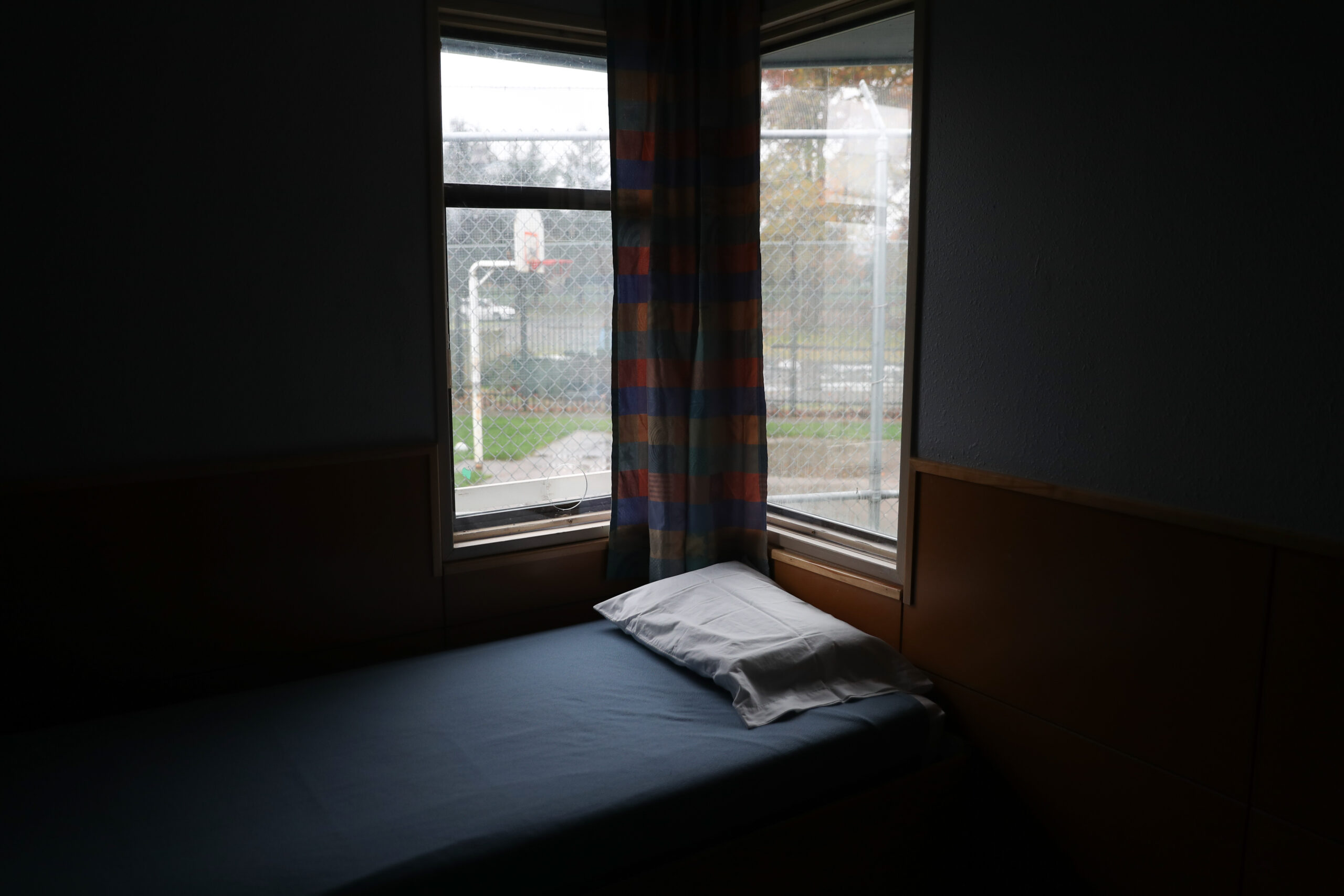[ad_1]
In the central coastal region of Lincoln County, nearly one in 20 adults have an addiction.
Yet the county lacks a residential facility to house and treat people who suffer from drug and alcohol addictions, forcing them to seek help in Baker City, which is sometimes the closest option but far from family and friends.
County and health officials have a plan for a $10 million, 16-bed residential facility in Newport to treat adults with addictions – and keep residents close to their communities. But the project needs state funding.
The region – and other parts of Oregon – could get help for more behavioral health residential facilities if state lawmakers make funding available through House Bill 2544, discussed Monday in the House Committee on Behavioral Health and Health Care. The committee will schedule a vote on the bill later this week, lawmakers said, and send it to the Joint Ways and Means Committee, which considers all fiscal requests for the state budget.
Legislators have not set a dollar amount. But beds are needed for hundreds of people, and lives are at stake. In Lincoln County alone, 11 people died of drug overdoses in 2021.
The Oregon Health Authority has estimated the state needs another 282 beds for residential behavioral health facilities, which treat people with acute mental conditions. Separately, programs that treat addiction need 311 beds, according to an Oregon Health & Science University estimate.
The 282 beds would cost an estimated $178 million, and $93 million would be needed for the 311 beds, said Rep. Rob Nosse, D-Portland and the bill’s chief sponsor. The shortage of residential treatment options in Lincoln County isn’t an anomaly. From Portland to Ontario, in rural counties and metropolitan areas, people struggle to find residential treatment programs for mental health and addiction needs. Oregon consistently ranks in the bottom of national studies that analyze access to behavioral health services.
The problem manifests itself in different ways. If people cannot get treated, they can end up on the streets, arrested or both.
The bill comes less than three years after the Legislature made a historic investment of about $1.3 billion into the behavioral health system for more residential options, expanded programs and incentives to encourage people to work in the field. That package included $130 million for 198 residential beds, Nosse said.
But the Oregon Health Authority received requests for another $63 million for programs the money didn’t cover.
“There are projects that are ready, that applied for grants and that we did not have the funds to stand up,” Nosse said.
Besides the Oregon State Hospital, the state-run psychiatric residential facility that serves about 700 people who largely face criminal charges, the state has various residential programs, including group homes, facilities for adults and a few for children. As of January, Oregon had 346 licensed residential facilities with the capacity to serve 3,549 people, according to Oregon Health Authority data provided to the Capital Chronicle through a records request.
In Lincoln County, Pacific Communities Health District, a public agency that owns health care facilities, has purchased a former adult foster home in Newport. The district, cities, the county and nonprofits have raised $5.7 million for remodeling and a 8,000 square foot addition for the project, which will provide residential and outpatient services.
Samaritan Health Services, which runs two hospitals in that region, has agreed to staff the facility.
But it needs state funding for the renovations to complete the $10 million project.
“If the state would finally become a partner in this effort, we could start seeing patients next year,” Sen. Dick Anderson, R-Lincoln City, told the committee. “I highlight the state’s role here or lack thereof because every other significant public and private partner has already committed to this project.”
Dr. Lesley Ogden, chief executive officer of Samaritan North Lincoln Hospital and Samaritan Pacific Communities Hospital, said the project, if funded, would model its work after an existing program Samaritan runs in Lebanon.
“Inpatient treatment is a critical first step in the recovery process for many individuals, but there are currently no inpatient services in Lincoln County,” Ogden told lawmakers. “The closest inpatient programs are over an hour away and have long waitlists that prioritize people from their own communities, leaving Lincoln County residents on waitlists or forcing them to travel up to 300 miles for treatment.”
Besides more funding, providers warned lawmakers they need money to pay behavioral health care workers to attract enough staff. “We can’t simply fund the costs of building these beds,” said Derald Walker, chief executive officer of Cascadia Health, Oregon’s largest behavioral health provider. “We must also consider the investment needed to operate staff and maintain these beds.”
Walker said increased reimbursement rates and state funding have enabled Cascadia to fill 100 positions, but another 182 jobs are still open.
“This investment will only work if the Legislature also acknowledges the increased costs of retaining and growing a professional workforce,” Walker said.
GET THE MORNING HEADLINES DELIVERED TO YOUR INBOX
[ad_2]
Source link

